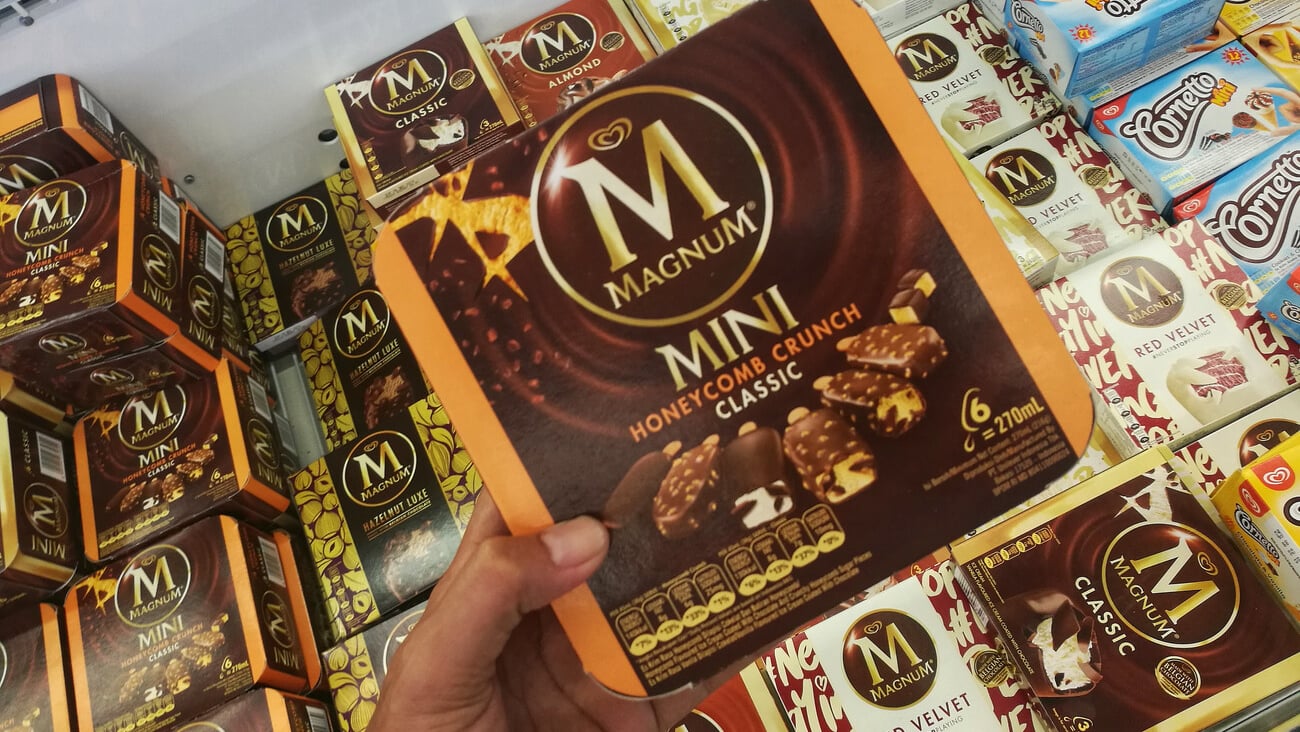Tech lessons from 2020 retailers can carry into 2021
A very unique year produced some technology-related developments in retail which will be applicable in 2021 and beyond.
I do not need to go into the details of how the COVID-19 pandemic radically disrupted retail – and every other facet of everyday life – during 2020. Retailers responded and adjusted effectively with the help of some innovative technologies. Retailers leveraged these solutions in ways that are still instructive for the industry as it moves forward from the challenges of 2020.
Welcome to learning machines
Machine learning (ML) is not new, but the emergence of COVID-19 and accompanying unpredictable disruptions revealed just how valuable ML is to retail. The algorithms produced by the very best predictive artificial intelligence (AI) systems were not capable of forecasting sudden product shortages and outages, or the rapidly accelerating shift to e-commerce.
Fortunately, ML technology (which is essentially a subset of AI), with its ability to learn from events and make adjustments in real time, enabled retailers to efficiently react to the shocks of the pandemic. Looking ahead, retailers should bake the reactive capability of ML into as many areas of their enterprises as possible.
Examples include Kroger leveraging the ML-based Everseen visual learning platform to watch video of store operations, understand complex processes, and intelligently intervene to optimize them; and Best Buy working with Google Cloud to unify its data sources and run ML models against that data to build more personalized offers and recommendations.
Mind the store
Ironically, the sharp increase in consumers shopping online as COVID-19 shuttered stores and caused safety concerns has demonstrated the continuing vitality of the brick-and-mortar store. Many customers may have digitally purchased goods, but they often sought to expedite fulfillment with omnichannel options such as buy-online-pickup-in-store (BOPIS) and curbside pickup.
I wrote more articles during 2020 about retailers launching or enhancing BOPIS and curbside programs than I can count, with most intending to maintain these efforts into the foreseeable future. The past year also saw an increase in the use of dark stores, which are underperforming brick-and-mortar locations retailers can utilize as last-mile distribution hubs for BOPIS, curbside, and/or on-demand delivery orders, without serving in-store shoppers.
With Amazon Prime offering delivery in as little as five hours in some cities, every retailer needs to investigate store-based fulfillment of online orders as a way of meeting heightened customer expectations.
New kid(s) on the e-commerce hosting block
Like ML, the Shopify and BigCommerce e-commerce platforms are not new solutions. But also like ML, the challenges of COVID-19 illuminated their long-term value.
Shopify and BigCommerce both provide what could be called “e-commerce in a box” services that enable small businesses to set up full-scale online retail operations, including managed fulfillment, within a matter of days. The need for companies of every size to quickly stand up or expand e-commerce shone a spotlight on these platforms as viable alternatives to partnering with large retail marketplaces such as Amazon, Walmart, Google, or eBay.
And these two major competitors to third-party marketplaces themselves picked up new competition during the past year from players such as Postmates Shop and DoorDash DashMart. Retailers considering hosted e-commerce services in 2021 should be aware of the expanding roster of players.







